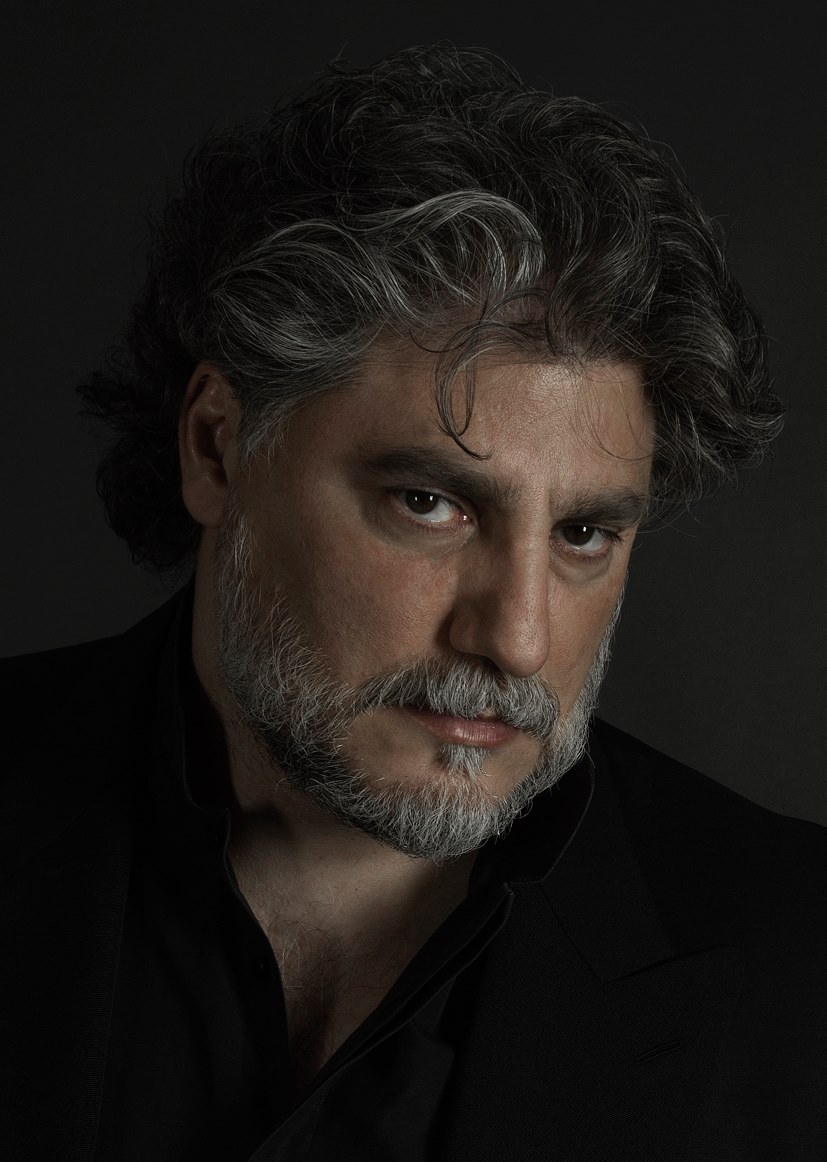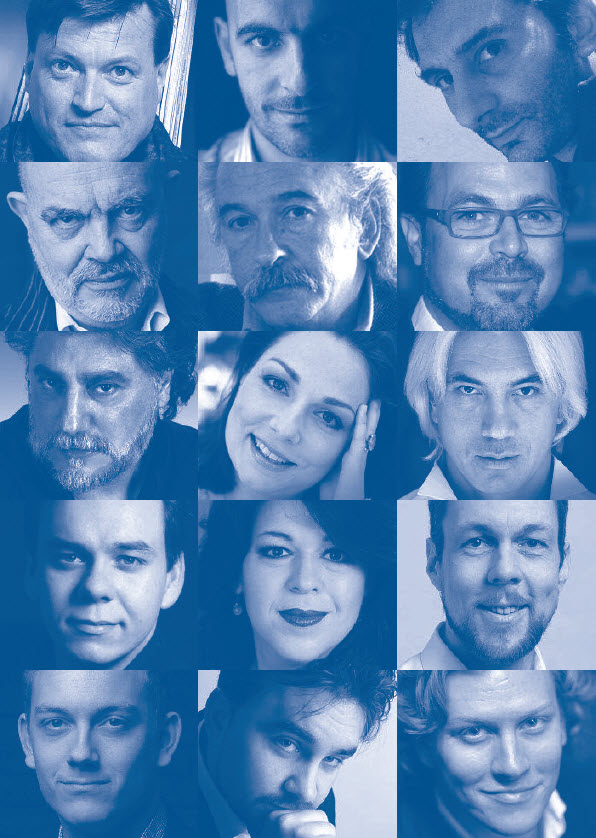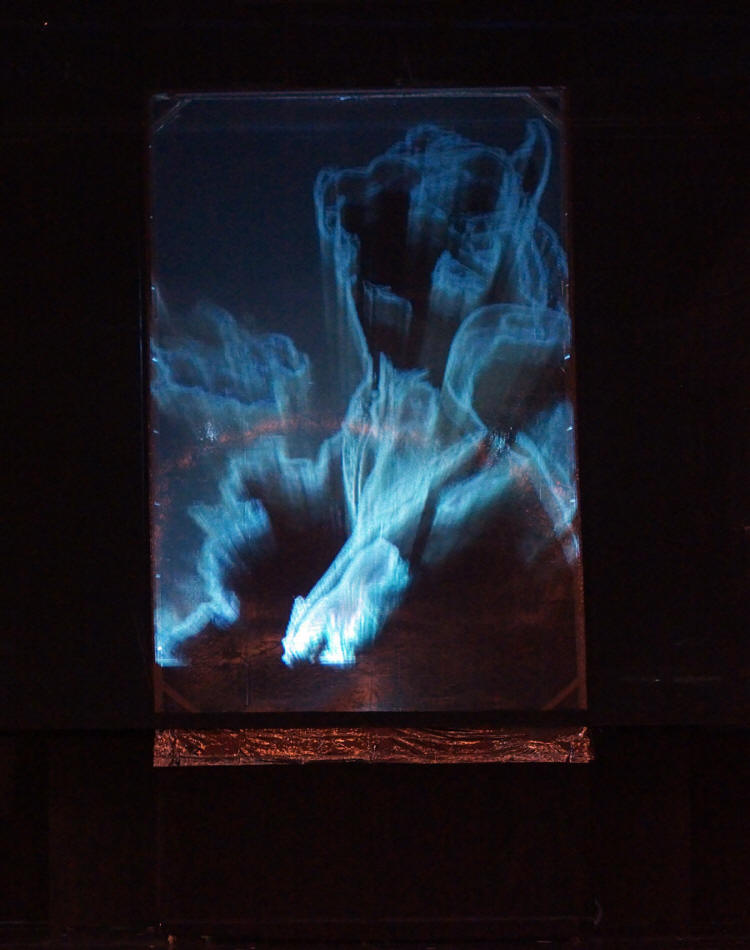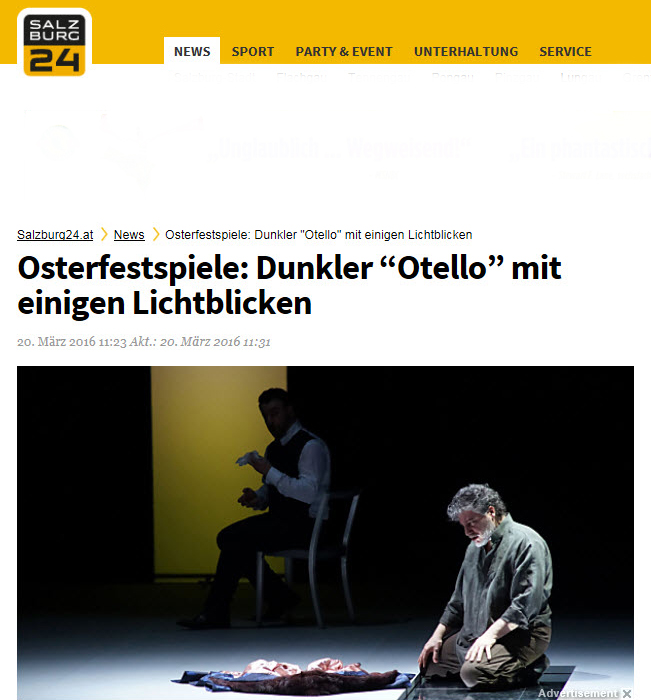|
 |
|
|
 |
Bravo Cura
Celebrating José Cura--Singer, Conductor, Director
Operas: Otello in Salzburg
March 2016
Otello 2016 Salzburg
|
|
|
 |
|
|
 |
 |
|
|
|
Reviews!
Note: these are computer enhanced excerpts and should not be considered definitive. They are offered to give a general idea of what is being said....
|
||
|
|
Note: these are computer enhanced excerpts and should not be considered definitive. They are offered to give a general idea of what is being said....
|
||
|
|
Note: these are computer enhanced excerpts and should not be considered definitive. They are offered to give a general idea of what is being said....
|
||

|
Note: these are computer enhanced
excerpts and should not be considered definitive. They are
offered to give a general idea of what is being said....
|
||
 |
Note: these are computer enhanced
excerpts and should not be considered definitive. They are
offered to give a general idea of what is being said....
|
||
|
|
Note: these are computer enhanced
excerpts and should not be considered definitive. They are
offered to give a general idea of what is being said....
|
||
|
|
Note: these are computer enhanced
excerpts and should not be considered definitive. They are
offered to give a general idea of what is being said....
|
||
 |
Note: these are computer enhanced
excerpts and should not be considered definitive. They are
offered to give a general idea of what is being said....
|
||
|
|
Note: these are computer enhanced
excerpts and should not be considered definitive. They are
offered to give a general idea of what is being said....
|
||
|
|
|
|
|
|
|
|
|
English translation courtesy of José Cura
AND HERE IS THE ENGLISH ORIGINAL VERSION OF THE KURIER INTERVIEW FOR THOSE WHO DON'T READ GERMAN. Has your view of Otello changed over the years? When I started to perform Otello, my hair was all black and now it is “salt and pepper”. Such change in me explains also the changes in my interpretation. Add to that, that in the meantime I have also directed the opera and that in April, for the Shakespeare anniversary, I will conduct it for the first time. I think I can humbly say that I am a very “in-depth” specialist of Otello today. No arrogance, just hard and long work. There has been quite a vigorous debate about Otello recently, since the Metropolitan Opera stopped “black facing“ the singer… Otello not only needs the skin color, but also a voice that matches the role. Therefore, in opera is quite difficult to avoid the white casting. I understand the good intention, but I also see a “hidden trap” in it: If only black guys can do black roles, that means only white people can do white roles. So a black actor would never be able to portray Hamlet? Or Richard the III? Or…? This new “politically correct fashion” provides the best excuse not to engage black professionals… If you ask me, that stinks more of racism than making-up your face. Some of my black friends are really worried with this perspective. The Osterfestspiele are celebrating their 50 year anniversary in 2017. It is – and always has been – a luxurious festival. In which way do you think does that kind of luxury fit into today’s society? In the same way a Rolls-Royce fits in a garage… There are many brands of cars and each person can buy the one that suits his economy. Osterfestspiele is a luxurious rendez-vous of many of the same fortunes that are sponsoring other opera houses with “normal” ticket prices. So far so good. Opera seems to be changing a lot these days. Some opera houses are becoming more like museums, others are more daring. Do you think opera is in crisis mode? The world is in “crises mode”. No way to run away from this huge moment of adjustment/disadjustment. I have faith in society’s good sense, but it may take a long time. What do you think is necessary to attract a younger audience? Intellectual honesty, truth of feelings. No matter the aesthetic proposal, provided that you don’t lie to them, the young people will follow you. Famous tenor Placido Doming is now taking on baritone roles. What is your opinion about this decision? An artist has the right of presenting his creation the way he wants. On the other hand, the public has the right to follow or not the artist’s proposal. You are also active as conductor. Which importance will that have for you in the future? Composition and conducting are my background. My singing career has enriched my approach to it. Therefore, nothing is more natural for me than ending with the career as full time conductor I dreamt about decades ago. But this is beyond my power. Anyhow, I cannot complain: I am not conducting as much as I would like to, but I am keeping my baton in good shape. Also my compositions are now being premiered: Magnificat last February and Ecce Homo next March 2017. Some of your colleagues are aiming to become the head of an opera house. Is that something you are thinking about? Yes, but probably not for the same reasons… After more than 30 years of stage I can proudly say that there is a style that defines my artistic credo. Working full time with a theater would be a good way of “inoculating” my credo into a company that wants to identify with it. Some will read this lines thinking I am naive, but well… How important are the looks in today’s opera? The “looks” can be very important when they are not a “goal” in themselves but a “vehicle”. Myself, long ago I had been sold as “the sex symbol of opera”, so I have some “authority” to talk about the matter: If you want to do “just” a commercial career the kind of we see more and more today, to be good looking can make a difference. But if you want to do a career based on your talent and, after years of hard work, be called an “Artist” with capital A, then the conversation is different. Of course, our public wants to dream, and if the singer “looks” the role, better. But there are many ways of dealing with this.
José Cura |
| Program Courtesy of Jutta
|
|
Production Photos
Curtain Call
|
|
|
|
|
Last Updated: Sunday, September 26, 2021 © Copyright: Kira